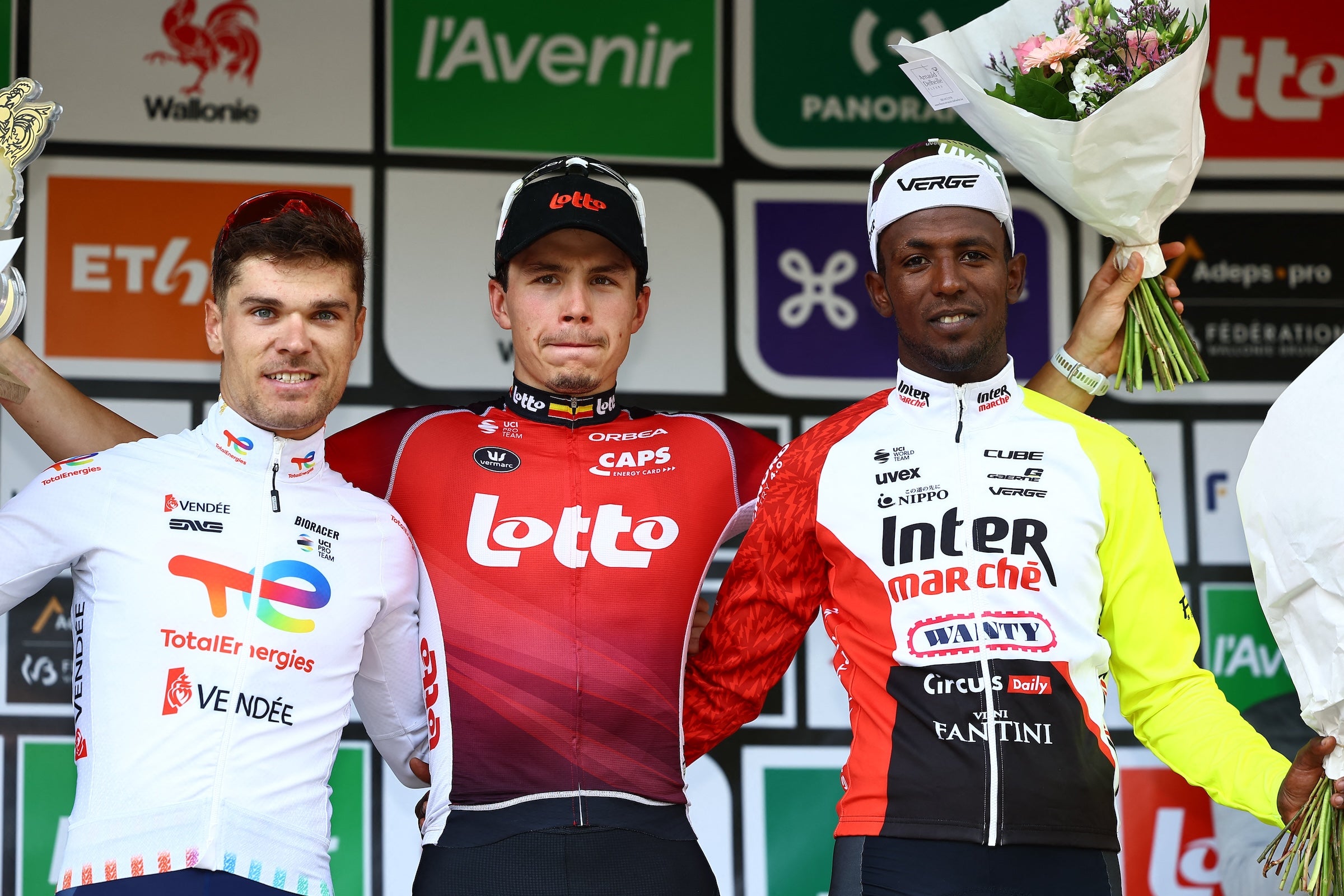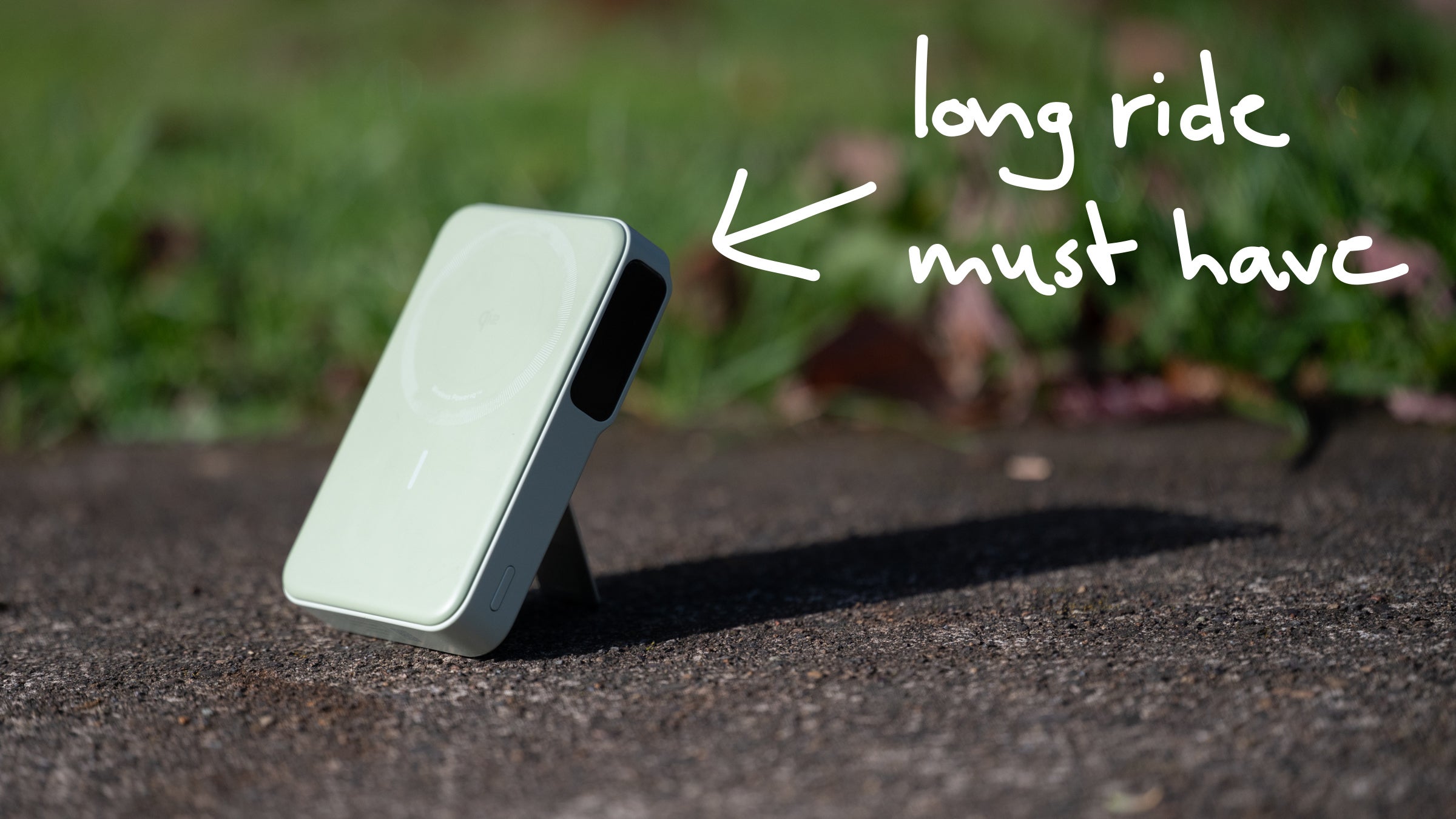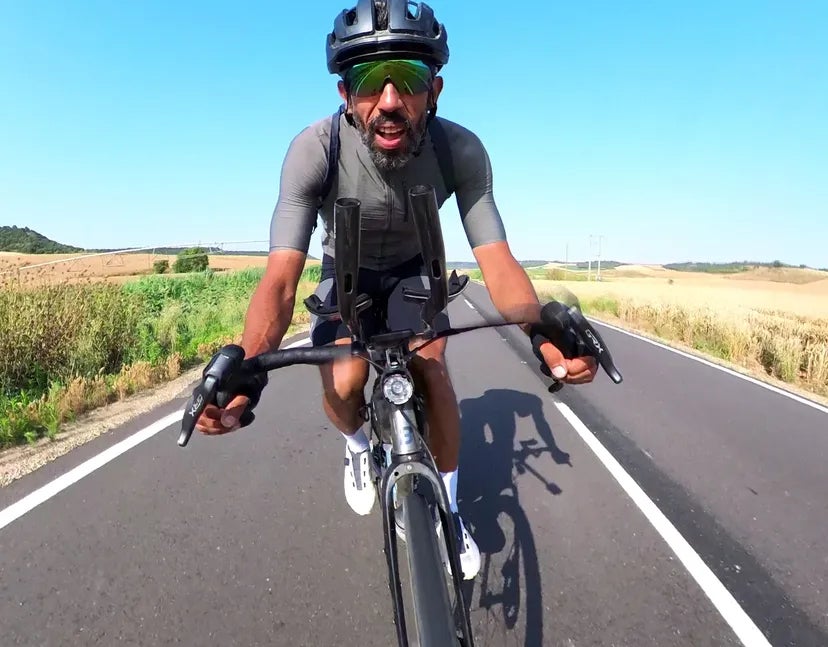The Ups and Downs of Cycling Contracts: What Happens When Teams Merge?
Introduction
In the fast-paced world of professional cycling, changes come at a dizzying pace. Imagine riding through a beautiful countryside, feeling the wind in your hair, only to find out that you might not have a team to ride with next season. This tough reality hit some cyclists recently as the Intermarché-Wanty and Lotto teams announced a merger for 2026, leaving many riders uncertain about their future. Let’s unpack this surprising turn of events and what it means for the athletes involved.
The Shocking News
Typically, when teams finalize their rosters, it’s a well-organized affair. But in this case, the riders were blindsided. Adam Hansen, the president of the riders’ union, revealed that it wasn’t team management but he himself who had to inform several riders that they might not have contracts for next year. With only 30 spots available and 44 riders currently under contract, video game-like math shows that some would have to go.
Hansen voiced his frustrations, saying, “It’s late October, and riders shouldn’t be in the dark about their future.” In a heartfelt social media post, he mentioned the stress the recent Vuelta had already put on everyone, making this news land even harder.
The Reality of Mergers
Merging teams can seem like an exciting opportunity for better resources and higher performance. However, when it leads to job cuts, the excitement fades quickly. Athletes work hard to secure a spot, and many riders are left feeling confused about their standing. Furthermore, some were given false reassurances by the teams about their job security, leaving them devastated when Hansen broke the news.
It’s a tough environment out there. Even the most talented riders are vying for limited spots. The merger between Intermarché-Wanty and Lotto isn’t the only shake-up in cycling, either; another team, Arkéa-B&B Hotels, is shutting down, leading to a surge of panic among riders hoping for a new contract.
Riders’ Uncertainty
Imagine training day after day, pushing your limits, only to hear you might not have a place on your team. Hansen expressed his heartache about informing these riders, some of whom genuinely believed they were set for next season. “What upset me was so many riders were uncertain,” he said.
With financial obligations, teams are required to pay up if contracts are terminated, but that doesn’t replace the thrill of racing or the connection to teammates. Many riders may still find themselves out of the WorldTour in 2026, facing a rough road ahead.
Looking Ahead
Adam Hansen’s experience shows us that communication must improve. He believes there should be a stronger protocol to protect riders in situations like this. Teams shouldn’t just inform agents; they should ensure that riders know their futures—especially when contracts are on the line.
This situation also serves as a reminder for everyone. As fans and supporters, it’s vital we keep an eye on the welfare of these athletes. They put in the effort and deserve to know where they stand.
Conclusion
The cycling world, like life, is full of surprises—sometimes welcome, sometimes not. For the riders impacted by team mergers like that of Intermarché-Wanty and Lotto, it’s a tough pill to swallow. Let’s hope that as the dust settles, better communication and support systems will emerge, ensuring that every cyclist knows their worth and has a place to call home in the peloton. Remember, the bike ride of life will have its bumps, but with determination and teamwork, we can tackle anything that comes our way!
Original article: Click here











